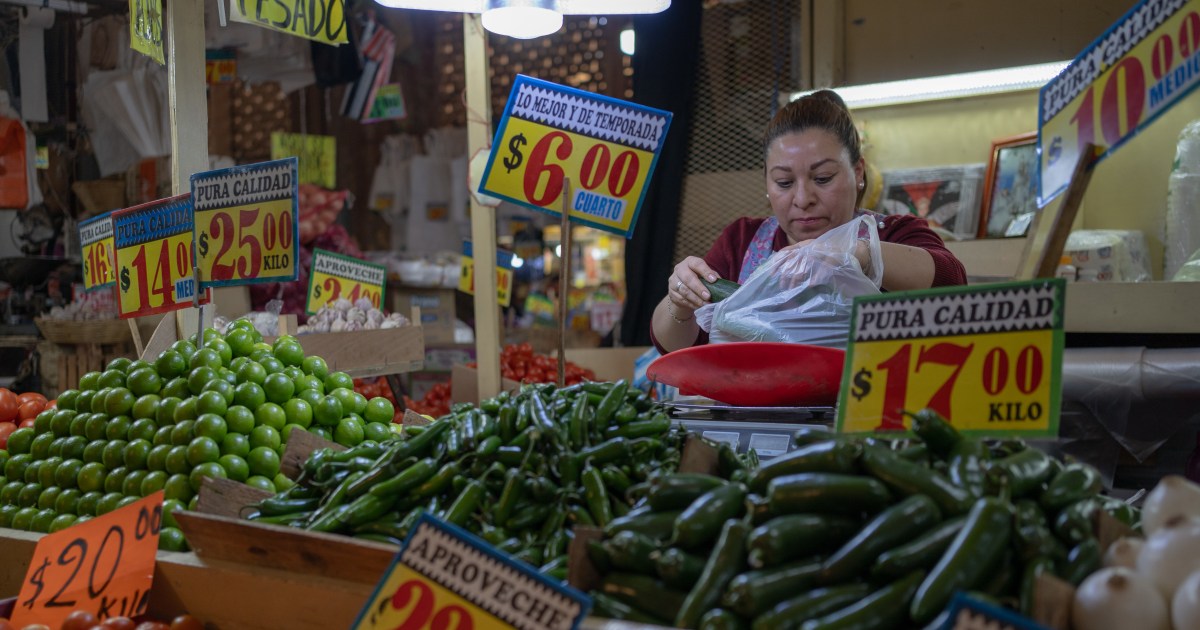Damascus - Sana
“Our food is made by our hands” is a goal that has proven effective in the experiment of the food processing units project, which has developed into a project that provides an additional income of about 150 thousand pounds per month for each beneficiary family and expanded to 142 manufacturing units in nine governorates.
The project is an important and integrated production circle linking home garden products to the market by manufacturing and selling them in the seasons of increasing demand for them, according to the Director of the Federation of Agricultural Chambers, Engineer Yahya Al-Muhammad, who explained in a statement to SANA that it achieves an additional temporal, spatial and financial benefit of up to between 200 and 300 percent of The price of the product and there is a product ready for marketing with high specifications in terms of quality, hygiene and health.
Al-Muhammad pointed out that the project is one of the projects with long sustainability and is subject to development and expansion in manufacturing and production, and today it is independent by itself, providing an additional income of approximately 150 thousand pounds per month for each beneficiary family thanks to the improvement of the production requirements provided to families over the past four seasons, including electric choppers, large industrial fridges and some materials. The operating tools and packaging tools, which reduced the cost of production for the beneficiaries and increased the profit margin to about 20 percent.
The Food Processing Units project, which is implemented in cooperation between the World Food Program and the Federation of Agricultural Chambers under the supervision of the Ministry of Agriculture and Agrarian Reform, aims to secure job opportunities and additional income for poor rural families that have been affected by the war on Syria, spreading the idea of collective action and seeing their positive repercussions on the ground.
According to Al-Muhammad, the project started with 5 units and was expanded to 142 units in 9 governorates, namely 27 in Hama, 27 in Homs, 27 in Lattakia, 7 in Tartous, 5 in Daraa, 13 in Sweida, 4 in Quneitra, 3 in Aleppo, and 29 in Rural Damascus.
With regard to marketing and sales outlets, it is done through participation in exhibitions and permanent markets in governorate centers, exchange of addresses of producers from beneficiary families with consumers, opening some stores in central markets in Homs, Hama and Lattakia, in addition to linking units with each other to exchange products and sell them on the largest scale through coordinators for these units according to For the director of the Federation of Agricultural Chambers.
“We work with love and cooperation.” This is what Aida Al-Saeedi said, benefiting from a manufacturing unit in Al-Malihah in the countryside of Damascus, expressing her happiness with the collective and participatory work, referring to the unit's products of jams, all kinds of pickles, kiosks and home meals such as kibbeh, pies, mulukhiya, okra, beans, tabouleh, pastries, pizza, tomato molasses, peppers, sweets, dairy and cheese. .
Eng. Jamal Akkash, the coordinator of the project, called for a label for these products, so that the beneficiary families could display and market their products in various markets and commercial halls that enjoy quality as they are natural and free of preservatives.
Mahasin Awad













